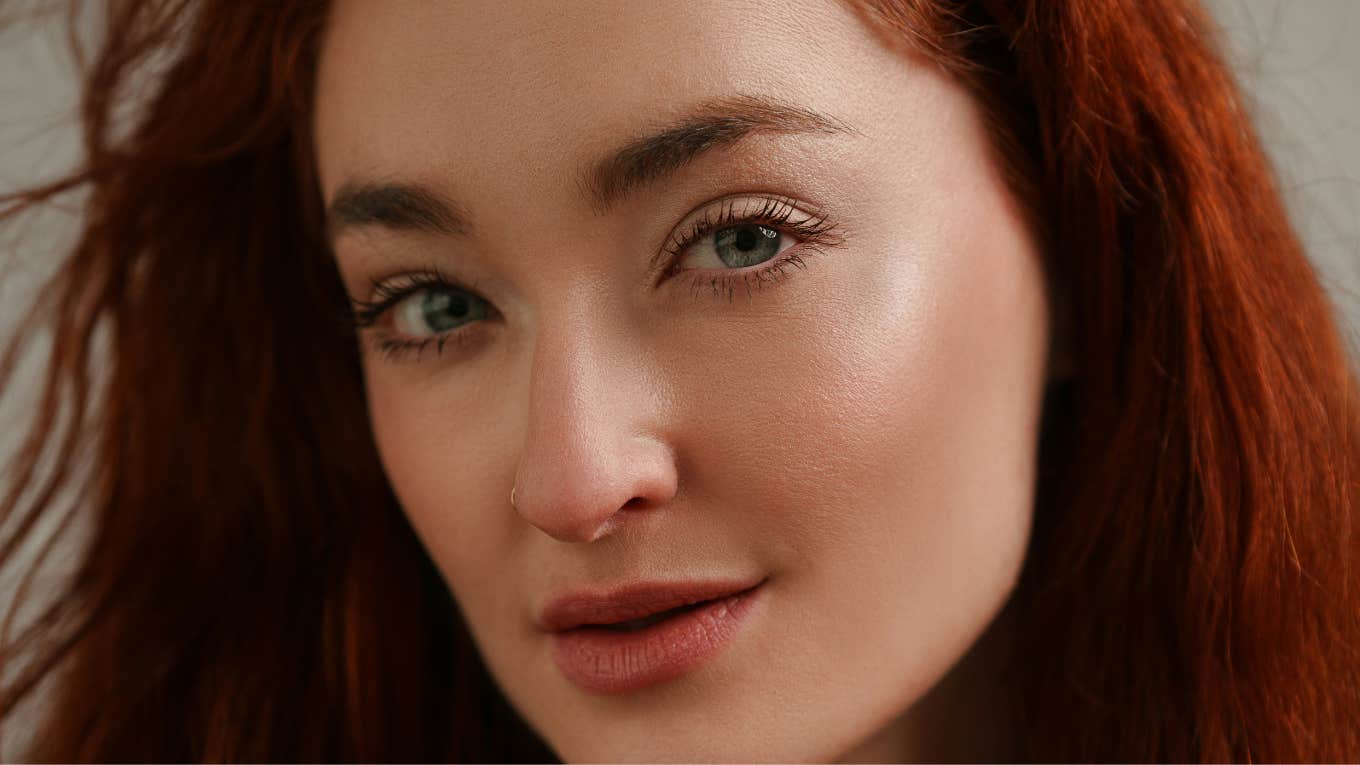The Art Of No Regrets: 5 Simple Habits Of People Who Live Fully And Let Go Easily
People who live with no regrets don't have perfect lives — they just have powerful habits.
 Freddy Rezvanian | Unsplash
Freddy Rezvanian | Unsplash Letting go of regrets is harder than it seems. We wish we could just be free of them, to learn any lessons that stand to be learned, and then move on and grow. The regrets we often want to be rid of are the ones that give you a pit in your stomach when you think about them — choices that you did or didn’t make.
Regrets can be hard to live with. They make you think about the way your life could have been if only you'd gone a different direction. And, unfortunately, regrets can keep us mired in the past instead of living in the now and seeing the potential of the future.
Here are 5 simple habits of people who live fully and let go easily:
1. They identify their regrets
Some people have more than one regret, and those regrets roll around in their brains, doing nothing but causing damage. They say that thoughts are much more destructive left in your head than they are when they're out in the world. So, sit down with a pad of paper and write out your regrets.
It might not be easy, but it will be the first step towards letting them go. For example, a few of my own regrets include not choosing running over badminton in the 8th grade, not saying "yes" to Shawn Miele when he asked me out to lunch, and going to culinary school instead of a hotel management school.
It’s interesting, writing out that list was harder than I thought. I thought I had a ton of regret,s but it seems that I only have a few. That feels pretty good, actually.
2. They don’t kid themselves
 Mix and Match Studio / Shutterstock
Mix and Match Studio / Shutterstock
The thing about regrets is that you're always longing for the life you might have lived if you'd chosen that road instead of the one you did. Hindsight is always 20/2,0 and you just know that if you'd made a different choice, your life would have been better.
But it's not that easy. Yes, if you had chosen a different path, your life might have played out differently, but that doesn’t necessarily mean it would have been better.
I recently read an excellent book about regrets, The Midnight Library. The protagonist, Nora, is given a chance to live the many lives that she would have lived if shhad e made a different choice.
And, yes, some things in her many lives were better, but her life definitely wasn’t perfect. In one, she was a rock star (a past regret being that she had walked away from her band), but her brother had died of a drug overdose.
In another, she was married to the man she had regretted walking away from, but, in this life, he was an alcoholic and their marriage was a shambles. In a third, she was a geologist, a career not chosen, but she was in Antarctica when her mother died.
People generally overestimate both the strength and duration of their emotional reactions because they focus on the isolated event itself while ignoring the broader context of their lives and the adaptive capacity of the human mind, one study argued. So, yes, if you made the choices that you regret not making, your life might have been different, but not necessarily better.
So, look at your regrets and recognize that the life you think you might have led, had you made that choice, is not based on any truth but on a story you've created in your head.
3. They dig into the 'why' behind their actions
You don’t know why you made the choices that you did. Did you do it because you were scared, depressed, or because others chose for you? For me, many of my regrets have to do with a lack of self-esteem born from depression.
I didn’t choose running because, in spite of being told I was excellent by the P.E teacher, I didn’t believe that I could do it.
I chose culinary school instead of hotel management because my then-boyfriend thought it was what I wanted to do. I didn’t take a look at the emotional struggle I had dealt with my whole life because it just felt like too much effort.
Research shows that regret decreases significantly when people recognize that their decision-making process involved careful consideration, even if the outcome was negative.
The key part of understanding why you made the choices you did is so that you don’t make those mistakes again. You don’t make choices that you regret making. A key part of letting go of regrets is looking to the future and the potential that is there for you and reaching out and taking it.
4. They figure out the role regrets play in their life
 PeopleImages / Shutterstock
PeopleImages / Shutterstock
I know that my regrets now are fewer than they were in the past, and I believe that it’s because I'm happy. Back in the days when I wasn’t living the life I wanted, as a stay-at-home mom with no identity of my own, in an unhappy marriage, struggling with depression, and a lack of follow-through, I spent a lot more time focused on my regrets.
Now, because I'm happy, I can look at those regrets and recognize that the choices I made got me to where I am today. Yes, I might have wished I had a degree in hotel management, but I also know that being a life coach and growing my own business has been incredibly satisfying.
Take a look at your life. Are you where you want to be? Do you think that you focus on regrets because of how unhappy you are in your life? Do you constantly say, "If I had just made that choice instead of this one, my life would be better?"
Research has found that women who fully accepted their life regrets reported the highest psychological and physical well-being, while those who exhibited moderate acceptance reported intermediate well-being, and those without any acceptance had the lowest physical well-being scores.
While you can’t change the past, you can change the future. So, try not to think of yourself as who you could have been by focusing on the past. Instead, think of who you can be by seeing the potential for yourself in the future. It's never too late to live the life you want.
5. They know the 'many worlds' theory
Some scientists who study quantum mechanics believe in the concept of the multiverse, specifically the Many Worlds theory, which posits that there isn’t only this life that exists.
According to the theory, there are several other universes, in each of which we are living different lives, based on the choices we made. If you follow that idea, then it's possible that there's another you — or many other you's — living the life that you might have lived, had you made a different choice.
That somewhere out there, I had a hotel management degree, was an Olympic runner, or had faced my depression early on. Somewhere out there, I'm living many different lives, based on the choices I made. For some reason, this idea gives me a lot of peace.
The idea that the life I could have lived had I made different choices is happening somewhere — that I'm experiencing the things I've always wished I was experiencing — makes me profoundly happy.
I know I will never know what that life is, but I'm happy that a different me is living it. Yes, this all sounds very far-fetched, but I wanted to share it with you in case it resonates with you, like it does with me.
Regrets are based on ideas in our heads of how things could be, not on any kind of truth. Spending so much time focusing on the theoretical doesn’t get us anywhere. In fact, it holds us back.
So, take some time to take stock of your regrets, push back on them so that you can take away some of their control over your life. Take stock of why you have them so that you don’t make choices the same way again, and take a good, hard look at where you are in your life and what you can do to change it.
And, finally, think about that other ‘you’ out there, living another life, one that isn’t perfect but that is full of human fallibility and love. Now that you know how to let go of regrets, go out there and do it.
Mitzi Bockmann is a NYC-based Certified Life Coach who works with individuals who strive to heal their toxic relationships so they can have their happily ever after. Mitzi's bylines have appeared in The Good Men Project, MSN, PopSugar, Prevention, Huffington Post, Psych Central, among many others.

